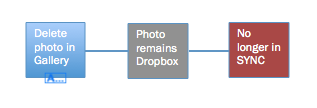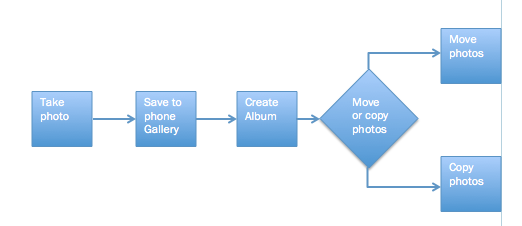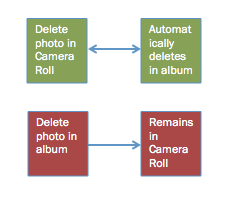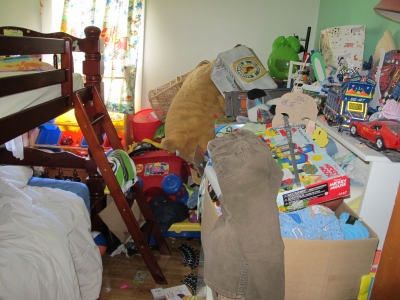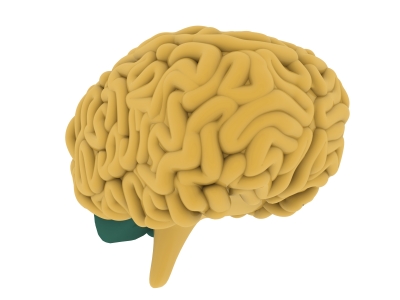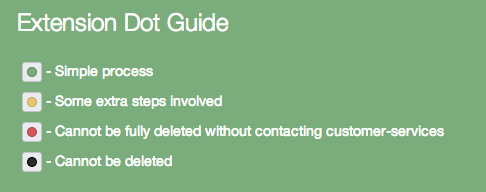I have to confess, YOLO used to be my favorite acronym until I read about FOMO. YOLO stands for “You Only Live Once” and is a pop culture term that signifies having done something indulgent or reckless. Whenever I see the term, I imagine somebody saying it in a nasally, sing-song way, kind of like a child at a playground. Once in a while I search on it just because it’s so fascinating to see the wide and varied use of the term. It’s a popular hashtag on Twitter, Instagram and other places.
So here’s an example of a #YOLO story. One night 22-year-old Samantha Lynn Goudie, who posted on Twitter under her alias @Vodka_samm, got trashed on vodka, as the name suggests. She was arrested for doing something in her drunken stupor. Once released she tweeted about the experience. #YOLO. She deleted her Twitter account after she sobered up. So here I get a bit confused, is that another #YOLO moment? But I suppose after the deletion, poor Vodka_samm couldn’t attach the hashtag to anything.
YOLO is pretty hilarious, but FOMO beats it in every way. FOMO stands for “Fear of Missing Out.” I first read about it in an article called “Facebook use ‘makes people feel worse about themselves.'” Apparently people sitting around on the computer all day following friends who are out doing exciting things and posting them (think #YOLO) suffer from this colloquial affliction. I even found a subsequent article with strategies to fight FOMO.
The two terms are separate, but they feel related to me. Obviously all the FOMO people are sitting around looking at all the YOLO postings and getting, well, FOMO over it. I’m not quite sure what this means, or how it will play out, but it sure is fun to follow. Personally, I think the best strategy to fight FOMO, and any negative consequences to YOLO, is to interact with people in person instead of over social media. If you have a #YOLO story to post, wait a day. It could make all the difference.
And if you’re like me with no teenagers around to explain some of these things, I would highly recommend bookmarking this site on Internet Slang. It’s really come in handy.



